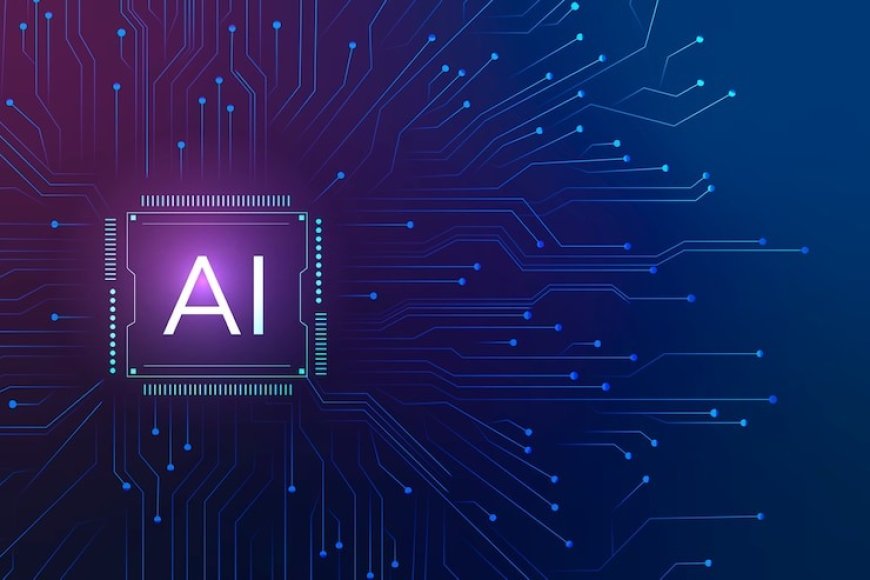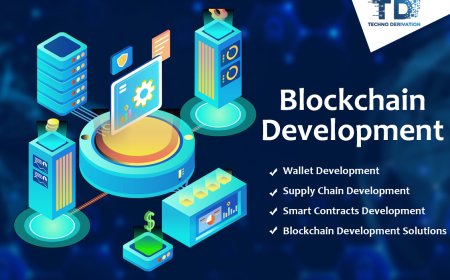Remote AI Engineers vs In-House Teams: What’s Right for You?
Compare remote AI engineers with in-house teams to find the best fit for your AI project in 2025. Explore pros, cons, costs, and productivity insights.

In todays AI-powered economy, one of the biggest decisions facing growing businesses isnt whether to adopt artificial intelligenceits how to build the right team to make it happen. As companies race to integrate AI into their operations, the debate heats up: Remote AI Engineers or in-house teams?
Each model has its advantages. One offers global access to talent and flexibility. The other brings deep collaboration and long-term vision. But which one fits your business?
Lets break down both sides and help you make a smart, future-ready choice.
The Rise of Remote AI Engineers in 2025
2025 has pushed remote work from acceptable to advantageous. Companies are no longer just tolerating remote teamstheyre actively preferring them, especially for cutting-edge roles like AI and machine learning.
Why? Because top-tier AI talent isnt confined to one ZIP code. When you hire Remote AI Engineers, you open the door to global innovation, niche skills, and faster deploymentall without bloated overhead.
With powerful collaboration tools, cloud platforms, and decentralized work cultures becoming the norm, hiring remote isnt a compromise anymoreits a strategy.
The Value of In-House AI Teams
Of course, not every company wants a distributed workforce. Some prefer in-house AI teams for good reason: deep alignment, tighter control, and consistent communication. Internal teams are immersed in your brand, products, and customers. They understand the context behind every line of code.
This can be especially important for companies where AI is part of the core product, not just an add-on feature.
But while the in-house route offers loyalty and synergy, it also demands more time, more budget, and higher riskespecially in the current hiring climate.
Comparing the Two Models
Lets zoom into the areas that matter most when deciding between remote and in-house.
Access to AI Talent
Its no secretAI engineers are in high demand and short supply. Local hiring can be painfully slow, especially when looking for niche skills like generative AI, reinforcement learning, or LLM fine-tuning.
With Remote AI Engineers, you bypass those limitations. You can tap into top professionals from Silicon Valley to Singapore, often available on-demand.
Verdict: Remote wins for flexibility and speed.
Cost and Efficiency
Hiring in-house means competitive salaries, benefits, equipment, training, and office space. It's a big investmentgreat for long-term vision, but risky if you're exploring or scaling fast.
In contrast, when you hire remote AI developers, you often get access to premium talent at a lower cost. You also pay for results, not presence. And theres no need for physical infrastructure.
Verdict: Remote teams are cost-efficient and budget-friendly.
Communication and Collaboration
In-house teams benefit from spontaneous collaborationwhiteboard sessions, daily standups, hallway chats. Remote teams need structure: documentation, scheduled meetings, and project management tools.
But in 2025, platforms like GitHub Copilot, Slack AI, and collaborative Jupyter notebooks are bridging this gap quickly.
Verdict: In-house may win on fluid communication, but remote is catching up fast.
Project Type and Urgency
If your project is mission-critical and long-term, building a core internal team may offer more continuity and product ownership.
However, if youre building a proof of concept, MVP, or just need help scaling your models, Remote AI Engineers are ideal. They can plug in and deliver fast, without the onboarding delays of traditional hiring.
Verdict: Remote is perfect for rapid delivery. In-house is better for product-centric AI work.
When Should You Hire AI Engineers In-House?
Choose in-house if:
-
AI is the backbone of your product (e.g., autonomous driving, AI SaaS).
-
Youre dealing with sensitive data and IP.
-
You want engineers who live and breathe your brand every day.
In such cases, its worth the investment to hire AI engineers and nurture a long-term team.
When Should You Hire Remote AI Developers?
Opt for remote AI experts when:
-
You need quick results and cant afford slow hiring cycles.
-
Your internal team lacks a specific AI specialization.
-
Youre scaling up a product and need short-term support.
-
You want flexibility to scale resources up or down.
When you hire remote AI developers, you get fresh perspectives, global insights, and the freedom to build without geographical limits.
Hybrid Teams: The New Normal
Heres the truth: in 2025, many top companies use both.
A hybrid AI team blends the strengths of both models. Your in-house team can handle the core infrastructure, while remote engineers tackle specialized taskslike LLM optimization, AI chatbot development, or data labeling pipelines.
This model allows speed without sacrificing stability, and access without losing culture.
Making the Right Choice for Your Business
Still unsure which direction to take?
Ask yourself:
-
How urgent is my project?
-
Do I need niche AI skills or generalist engineers?
-
Is this a short-term build or a multi-year roadmap?
-
Do I have the internal capacity to manage full-time AI staff?
Theres no universally right answerbut there is a right answer for your business.
If you need flexibility, speed, and cost control, Remote AI Engineers may be the answer.
If youre building a flagship AI-driven product, go in-house, or build a hybrid team that does both.
Final Thoughts
In the AI economy of 2025, talent is everything. Whether you go remote, in-house, or hybrid, make sure your engineers align with your goals, values, and product vision.
Looking to build the right AI team? Start smart. Hire AI Developers who bring not just code, but clarity, creativity, and collaboration.











































